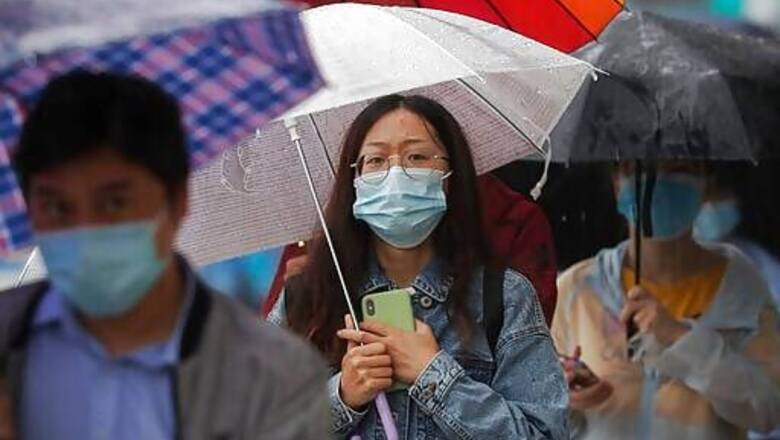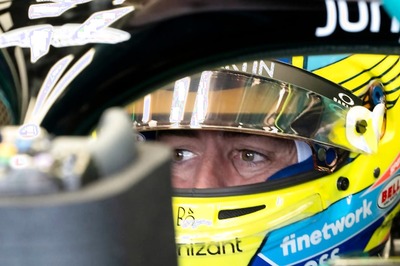
views
BEIJING: Foreigners holding certain types of visas and residence permits will be permitted to return to China starting next week as the threat of coronavirus continues to recede.
The new regulation lifts a months-long blanket suspension covering most foreigners apart from diplomats and those in special circumstances.
Beginning Monday, foreign nationals holding valid Chinese visas and residence permits for work, personal matters and family reunions will be permitted to enter China without needing to apply for new visas, according to the regulation.
Those whose permits have expired can reapply. Returnees must undergo two weeks of quarantine and follow other anti-epidemic measures, the regulation said.
Some exceptions may still be made, with the foreign ministry communicating to some journalists that the regulation may not apply to them. Journalist visas have recently opened up as a new front in the diplomatic confrontation between Washington and Beijing.
The announcement was made jointly by the Ministry of Foreign Affairs and the National Immigration Administration on Wednesday.
China announced seven new cases of coronavirus on Thursday, all of them imported, marking 39 days since the country has reported a case of domestic transmission. China has confirmed 85,314 cases of COVID-19 since the virus was first detected in the central Chinese city of Wuhan late last year.
In other developments around the Asia-Pacific region:
Auto executives have flown in early to wait out a coronavirus quarantine ahead of the Beijing auto show, the years biggest sales event for a global industry that is struggling with tumbling sales and layoffs. Others plan to hold news conferences by video link from their home countries during the show, which begins Saturday. Brands are going ahead with plans to unveil new models in a sign of the importance of Chinas market, the worlds biggest. Sales have revived while U.S. and European demand remains weak. Organizers say they will impose intensive anti-disease controls on crowds and monitor visitors and employees for signs of infection.
Leaders from nations large and small are criticizing the haphazard response to a microscopic virus that unleashed economic havoc and has taken nearly 1 million lives while continuing to claim more. Kazakhstans president called it a critical collapse of global cooperation. The coronavirus pandemic and its consequences topped the list of concerns shared Wednesday at the General Assemblys first virtual high-level meeting.
Disclaimer: This post has been auto-published from an agency feed without any modifications to the text and has not been reviewed by an editor




















Comments
0 comment